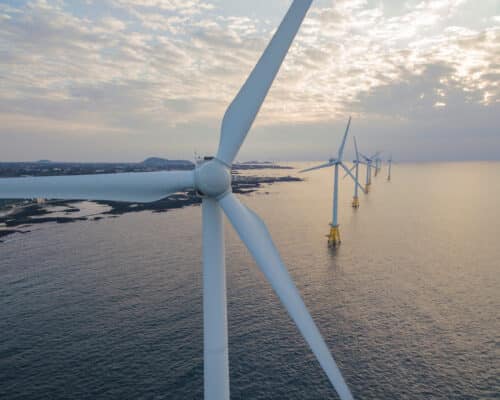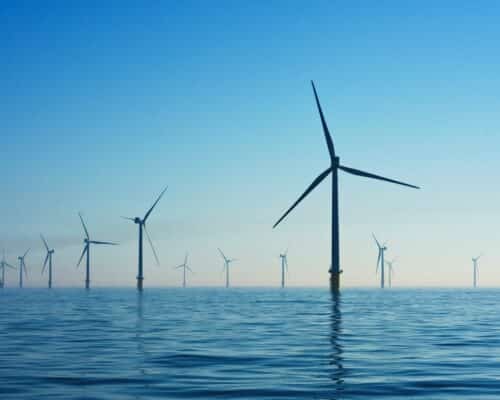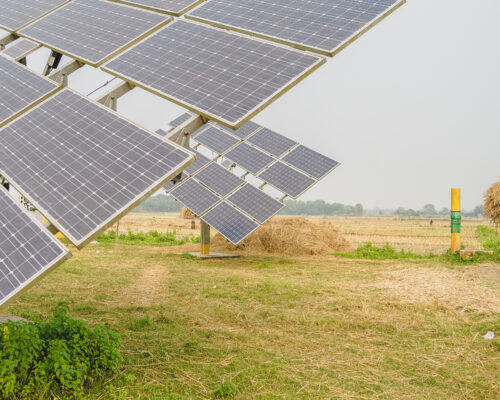Region
Energy Crisis in Bangladesh Highlights Risks of Fossil Fuels
Bangladesh sources most of its energy from fossil fuels, with natural gas making up the lion's share. Due to COVID-related supply chain issues and global political instability, fossil fuel prices are steadily climbing. As a result, the country has had to halt natural gas imports, leading to rolling blackouts. This highlights the risks associated with fossil fuel reliance and the need for local renewable energy production.
The Renewable Energy Policy in Vietnam Risks Deterring Investors
Maintaining a healthy ongoing dialogue with clean energy investors and project developers is critical if Vietnam is to get back on track and continue stunning the world with its renewable energy progress.

South Korea’s Energy Mix and Its 10th Basic Energy Plan
South Korea's decarbonisation progress so far makes hitting its 2030 and 2050 targets unrealistic. In its current form, the 10th Basic Energy Plan that will come into force this year is unlikely to change that. The country needs more ambitious renewable energy targets, a sentiment also echoed by South Korea's biggest businesses.
Malaysia’s Energy Transition: Challenges and Opportunities
Malaysia has great potential for clean energy alternatives like solar and hydropower. On paper, its energy transition is already mapped out. The question is whether it will follow this path or lock itself into a future of fossil fuel energy dependence.
Green Transportation in South Korea – a Key Enabler for the Net-Zero Revolution
South Korea is facing an uphill battle to make notable progress towards clean energy in line with the Paris Agreement commitments. Green transportation appears to be one of the most powerful tools in the government's arsenal. The opportunities in the industry are huge, while the challenges are solvable.
Wind Energy in Malaysia – Potential for Growth
Malaysia has limited capacity for wind energy due to geographic and climate factors. As a result, the country's renewable energy programs primarily focus on solar and hydropower. However, wind energy can be useful in select regions with higher than average wind energy capacity.

Environmental Issues Around San Miguel Corporation Deter Investors
In one way or another, SMC is a part of the daily life of many Filipinos and its actions have serious implications. Financiers and investors should be wary of this.
Solar Energy in the Philippines – Current State and Future
The Philippines has been steadily investing in building out its solar energy capacity. The country's high levels of solar irradiation and large density of islands make solar a great choice. Hopefully, the Philippines can be a leader for the region and provide an example to neighbouring countries regarding the implementation of wide-scale renewable energy.
Hydropower in the Philippines – Role and Future
The Philippines aims to generate 35% of its energy from renewable sources by 2030. This plan will increase hydropower capacity by over 160% through incentivising local and foreign investment. The Department of Energy has already approved 450 new hydropower facilities in recent years, and we expect this trend to continue into the coming decades.
Bangladesh’s Energy Scenario in 2024
As Bangladesh recovers from energy shortages in 2022, there are questions about its energy stability in the coming years. While the country aims to produce 40% of its power from renewable sources by 2040, the current government is negotiating long-term LNG contracts. Without a switch to renewable energy, Bangladesh's energy grid will remain vulnerable to energy disruptions and the associated economic disruption.
Wind Energy in the Philippines – Present and Future
The Philippines has significant onshore and offshore wind potential, but it has remained largely untapped. However, with its renewable energy goals, a growing number of wind farms are appearing across the country. This includes the largest wind energy facility in Southeast Asia.

The Climate Leadership of the G7 Now Hangs on Japan
Without ensuring that all members share the same views regarding the energy transition, the G7 will have difficulty leading global climate policy. Convincing Japan of the urgency of phasing fossil fuels out and accelerating clean energy adoption is integral before the G20 and COP29 meetings later this year.
Climate Change in Singapore: Impact, Response and Goals
Singapore's location and geography make it highly susceptible to the impacts of climate change. As a result, the country is implementing a wide array of policies to reduce its greenhouse gas emissions and prepare for predicted future climate impacts.

Solar Energy In Bangladesh: Current Status and Future
Bangladesh generates 99% of its energy from fossil fuels. However, it has several renewable energy targets for 2030 and 2040 that require significant financial and time investments. Solar power will play an essential role in reaching these targets, and Bangladesh can't afford to postpone the transition in favour of LNG.
Most Popular
Categories
-
10
-
34
-
126
-
4
-
17
-
46
-
52
-
11
-
10
-
15
-
24
-
6
-
1
-
5
-
6
-
283
-
200
-
17
-
24
-
1
-
1
-
23
-
41
-
44
-
88
-
18
-
86
-
41
-
17
-
11
-
43
-
54
-
86
-
299
-
22
-
44
-
36
-
11
-
42
-
36

